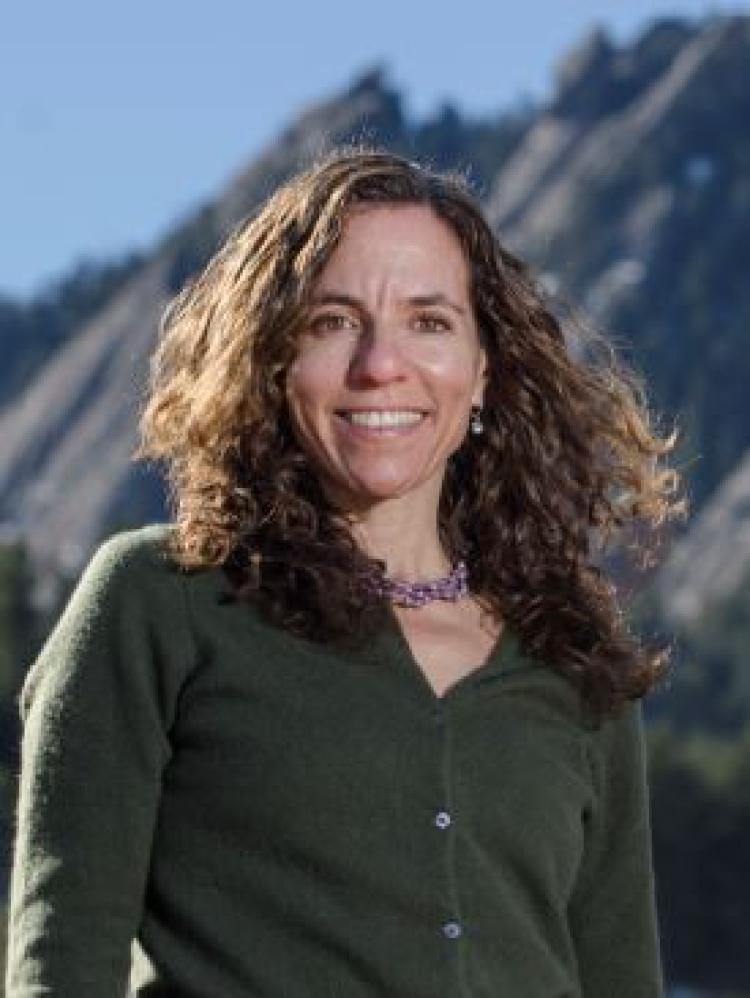Sarah Krakoff

My first job as a baby lawyer (after clerking for a judge) was at DNA-Peoples Legal Services on the Navajo Nation. Throughout law school, I knew that I wanted to work on behalf of low-income clients, and in particular on issues relating to equality and civil rights. DNA had a terrific reputation, and its offices were located throughout some of the most breathtaking landscapes in the United States. So off I went, to put my untested legal skills to work, and to receive a tremendous education in American Indian law, history, and culture from my clients and colleagues in the process. As a law professor, I have branched out into natural resources, public lands, and environmental law. But the heart of my work, including much of my scholarship, is about serving indigenous and low-income communities.
My students have a variety of options for getting involved in public service projects. Every summer I hire at least two research assistants, and if they are interested, they can work on my pro bono projects, which often include amicus briefs in American Indian law or public lands cases. More formally, last spring I co-taught a seminar with inaugural Getches Fellow Julie Nania on Navajo Nation Energy Policy. The course was structured as a service-learning opportunity, in that all of the students’ papers focused on discrete issues regarding the Navajo Nation’s draft Energy Policy Act. We consulted with the Navajo Nation Attorney General about the topics the Nation was most concerned about, and the students sent the final drafts of their papers to the Attorney General at the end of the semester. In more standard classes, I try to structure optional writing assignments around pending issues or cases, so that if the students are interested and their work is good enough, I can share their papers with the parties involved.
The public service project that I am spending the most time on now is the Acequia Project. In partnership with Sarah Parmar of Colorado Open Lands and Peter Nichols, of counsel with Berg, Hill, Greenleaf & Ruscitti, the Acequia Project assists low-income farmers in the San Luis Valley with issues pertaining to their water rights. We have a terrific team of supervising attorneys and paralegals, and together we have worked with two-dozen students to draft by-laws, file for water rights, and prepare a Handbook for the predominately Hispanic farmers in the Valley, who follow self-governing customs for irrigation that predate Colorado statehood. Our clients are wonderful and welcoming, and the students are learning invaluable practical skills while also making very real contributions to sustainable and diverse agricultural communities. Colorado Law has many opportunities like this for students to try their hand at public interest practice under the supervision of professors and attorneys. For many it will be infectious, and the beginning of a rich and rewarding career that includes legal work for low-income individuals and communities.


